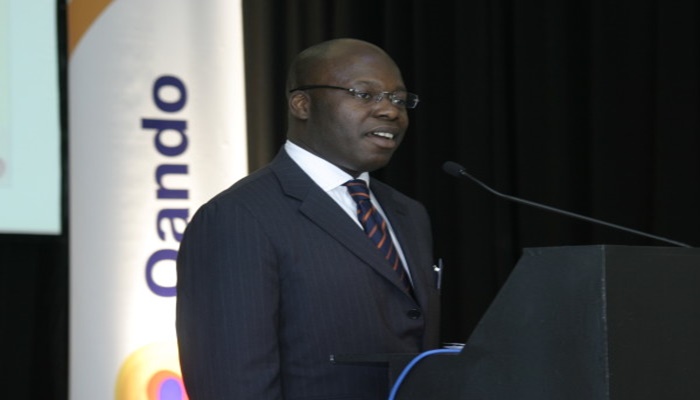The Federal Inland Revenue Service (FIRS) is the main agency of the government charged with responsibility ofaccessing, collecting and accounting for tax and other revenues accruing to the Federal Government.
There is no doubt that in the last few years, there has been tremendous improvement and increase in tax collection due to some reforms being carried out by FIRS to boost tax administration in the country.
The report obtained by the News Agency of Nigeria (NAN) showed that FIRS generated N12.62 trillion revenue from tax in the last three years.
The breakdown of the amount indicated that N3.3 trillion was generated in 2016, N4.02 trillion in 2017 and N5.32 trillion was realised in 2018, making it the highest revenue generated so far.
With this drive, the management of the service set a target of N8.2 trillion revenue for 2019, but some financial experts and insiders who spoke to NAN on this benchmark, doubted if such revenue could be achieved considering what the service had realised so far.
The statistics given by the Executive Chairman of FIRS, Babatunde Fowler recently in New York during the sidelines of a high-level meeting on illicit financial flows hosted by the UN General Assembly, showed that about N1.5 trillion revenue had been collected from January to May 15, 2019.
The amount realised between January and the middle of May represented only 18.7 per cent of the said target by FIRS.
Effort by NAN correspondent to get an updated report that covers first and second quarter of the year failed.
Acting Head of Communication and Servicom Department of the service who gave her name as Kubili said there has been an order from above not to release such document concerning the revenue generated by FIRS.
She said if such would be given out, there must be an official request which has to pass through some processes before it may be considered for approval.
Another official of the FIRS who pleaded for anonymity corroborated Kubili on the directive not to disclose to the@ public the figures of what had been realised by the service.
The source said the reason was largely due to not so impressive figure of taxes collected so far in the year, considering the target of more than N8.2 trillion given by the service as benchmark for 2019 revenue.
The source said: “from what I know, so far, we have not collected up to N3 trillion as taxes for half of the year and how do you then think we can achieve the N8.2 trillion target by the end of the year?
“Whoever tells you that when you write requesting for such information, it will be given to you is not sincere.
“The management does not want to make what has been generated known for now”.
Reacting to the said target, a financial expert, Mr Akinsanya Niyi described the proposed collection of N8.2 trillion as ‘a tall order’ meant to spur performances by the personnel of the service, but not necessarily to be achieved.
Niyi explained that law allows companies to pay for taxes of previous years up till the month of June of the successive years.
He, however said that there was tendency of more taxes to be collected as companies prepared for the new national budget cycle.
He explained that many organisations would want to ensure compliance with tax laws so as to position themselves for job bidding.
According to him, there is the need for FIRS to ensure continuous sensitisation of the general public to the importance of tax payment as well as the need for strict implementation of some provisions of the laws to boost tax collection.
The expert strongly advocated incentives for faithful taxpayers and the need to ensure that tax payment processes were more convenient.
Mr Muhammad Sallau, another financial expert and a lecturer with the Federal University, Dutse, Jigawa, advised FIRS to be more proactive.
He said the service should target more on collections in largest outstanding debts and also ensure regular updates of the taxpayers register to enhance tax collection.
Sallau also called for closure of loopholes on tax laws, simplified tax system to encourage formalisation and compliance as well as enforcement through external checks to achieve expansion of taxpayers database.
The expert also enjoined FIRS to reduce tax rates, minimise tax holidays and tax havens, adding that there must be inclusive growth strategies and rebalance tax deals to tackle tax evasion in the country.
-NAN








































